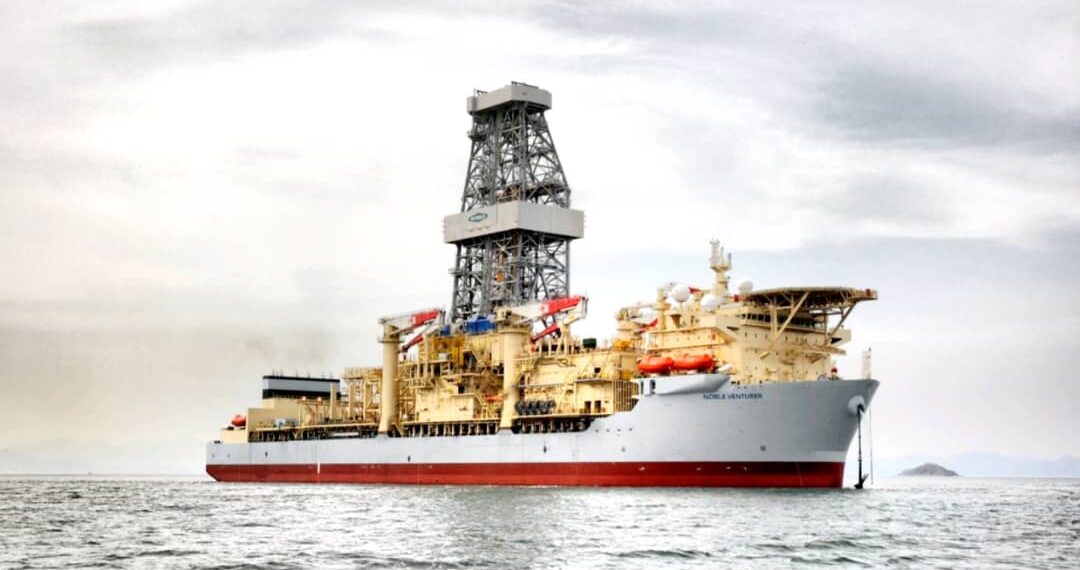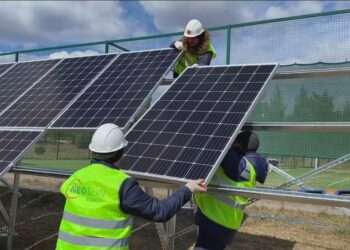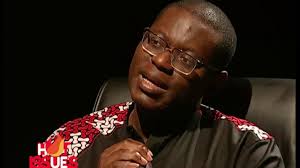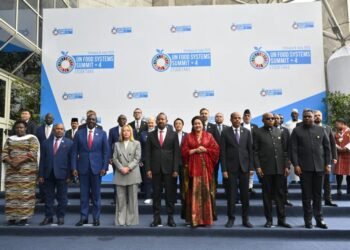The Ghana National Petroleum Corporation (GNPC) is moving forward with ambitious plans to unlock untapped oil and gas reserves from marginal fields in a bid to broaden the country’s petroleum revenue base and stimulate long-term economic development.
Mr. Kwame Jantuah, a board member of GNPC and Chief Executive Officer of the African Energy Consortium, revealed that recent studies by the Corporation have identified an estimated one billion barrels of oil and 2.5 trillion cubic feet (TCF) of natural gas spread across marginal oil fields primarily located in the Western Basin.
“These are not large-scale fields that would typically attract the interest of major international oil companies.
“But when strategically clustered, they present a commercially viable opportunity to drive growth in the sector and contribute meaningfully to national revenue.”
Mr. Kwame Jantuah, a board member of GNPC
Mr. Jantuah clarified that the current focus remains on the Western Basin, which already hosts Ghana’s most prolific offshore oil operations.
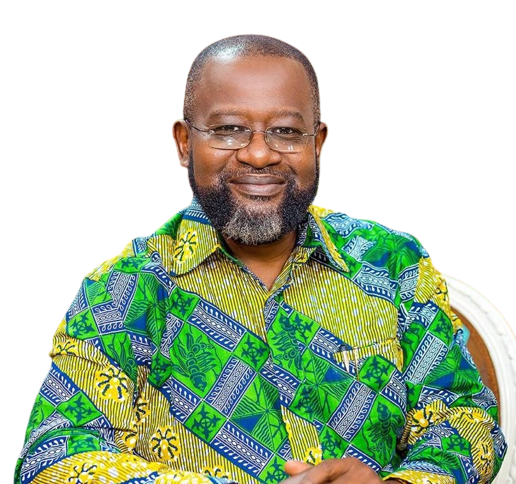
However, he added that the Eastern Basin remains an untapped frontier that could be explored in subsequent phases.
He emphasized that these marginal fields, although individually limited in size, hold considerable potential if developed in a coordinated and clustered manner.
Clustering, he explained, is not merely a technical concept but a practical strategy to attract mid-sized investors who might otherwise shy away from standalone field development.
According to Mr. Jantuah, GNPC has already initiated discussions with potential partners, with early indications suggesting keen interest from companies capable of operating lean, cost-effective development models.
“If we secure the right investment and proceed with drilling, the returns could significantly boost our petroleum revenue.”
Mr. Kwame Jantuah, a board member of GNPC
Gas Reserves Hold Potential
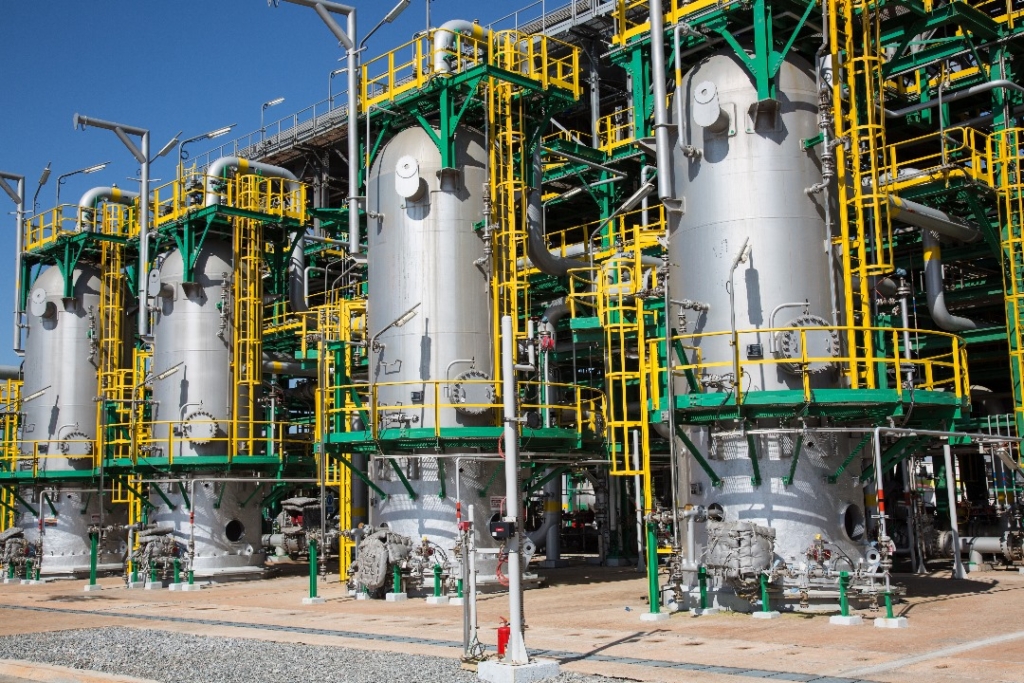
Beyond oil, Mr. Jantuah stressed the economic importance of the associated gas reserves within these marginal fields.
He explained that natural gas, if harnessed properly, could be a game-changer for Ghana’s industrial and energy sectors, especially given the country’s growing need for cheaper and cleaner energy sources.
“From powering industries to supporting electricity generation, it holds the key to accelerating Ghana’s development.
“That’s why our approach to these marginal fields must give equal weight to gas as we do to oil.”
Mr. Kwame Jantuah, a board member of GNPC
Mr. Jantuah’s remarks come amid ongoing national conversations about how to maximize value from Ghana’s oil resources.
He acknowledged that while the Petroleum Revenue Management Act has been instrumental in guiding resource governance, its broad distribution model has sometimes diluted impact.
He welcomed renewed government interest in returning to more targeted investments, particularly in critical areas such as transport and energy infrastructure.
However, he warned that achieving sustainable development from petroleum proceeds requires GNPC to evolve beyond its current role.

He argued that the Corporation must transition into a lead operator in the upstream sector, especially in areas where traditional oil majors have become hesitant to invest.
He further emphasized the need for capacity building among Ghanaian professionals and local firms.
As GNPC accelerates plans to become the dominant national operator, the expectation is that more local players will become directly involved in exploration, development, and production activities.
Mr. Jantuah noted that prospects for onshore oil development, particularly in the Voltaian Basin, could materialize by 2030, and urged Ghanaian firms to position themselves to benefit from the next phase of the country’s oil and gas expansion.
The GNPC initiative signals a new phase in Ghana’s energy policy direction, one that aims to optimize smaller-scale reserves, reduce development risk, and keep more value within the national economy.
With the global oil landscape becoming increasingly complex, Mr. Jantuah’s message is clear: Ghana must harness its own resources, build its own capacity, and shape its own future in the energy sector.
READ ALSO: Bright Simons Critiques Ghana’s Sports Infrastructure: Misplaced Priorities and State Enchantment

